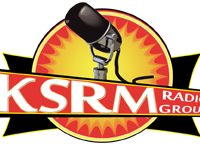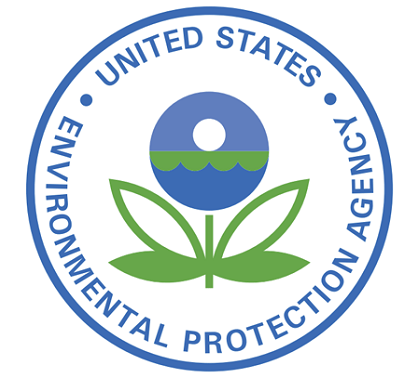The U.S. Environmental Protection Agency is awarding more than $2 million in grants to projects in Seattle, Tacoma, and Portland that reduce diesel emissions from the region’s existing fleet of older, dirtier engines and vehicles. An additional $2 million in grant funding was awarded for state-led emission reduction programs in Alaska, Idaho, Oregon, and Washington. The funding is part of $77 million awarded nationwide through the 2021 Diesel Emission Reduction Act (DERA).
EPA Administrator Michael S. Regan said:
“Cleaner trucks, buses, boats, and heavy equipment keep local economies thriving while better protecting the health of the people living and working near ports, schools, and along delivery routes. Combined with $5 billion from the Bipartisan Infrastructure Law going to electric and alternative fuel school buses over the coming months and years, EPA is leading an unprecedented investment in cleaner air for communities across the country.”
More than $2 million in DERA state grants were awarded for diesel emission reduction programs, including $506,679 to the Alaska Energy Authority, who will replace prime power diesel engines in rural Alaska. Those engines typically run 24 hours a day, 7 days a week, and make the largest impact on air quality for a rural community.
According to an EPA press release, DERA grants cover a wide range of projects to reduce diesel emissions including upgrades to school buses, port equipment, and construction equipment. Many of these awards will support replacing older diesel equipment with zero emission technologies such as transportation refrigeration units, terminal tractors, drayage trucks, refuse trucks, a locomotive, and a port ship-to-shore gantry crane. Grant-funded projects will reduce diesel pollution and benefit local communities, many of which are facing environmental justice concerns.
The DERA Program funds grants and rebates to protect human health and improve air quality by reducing harmful emissions from diesel engines.

